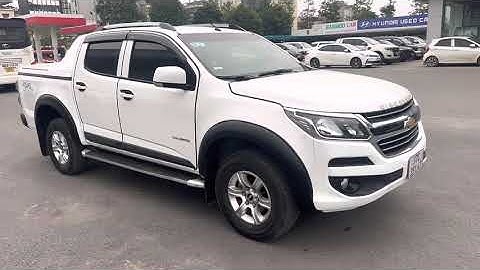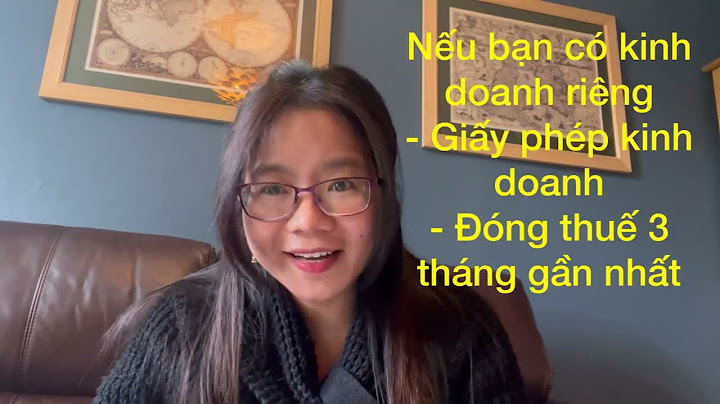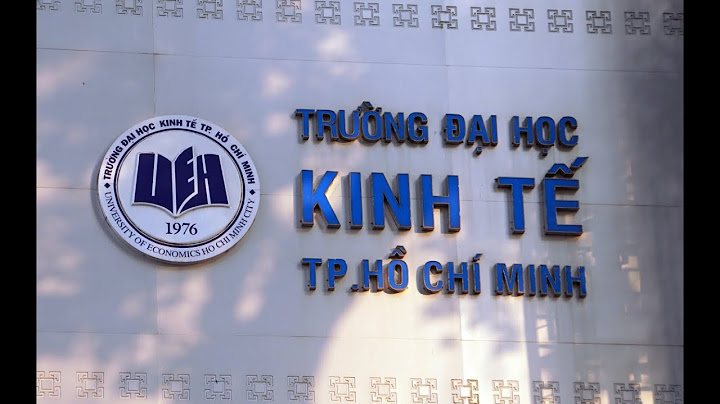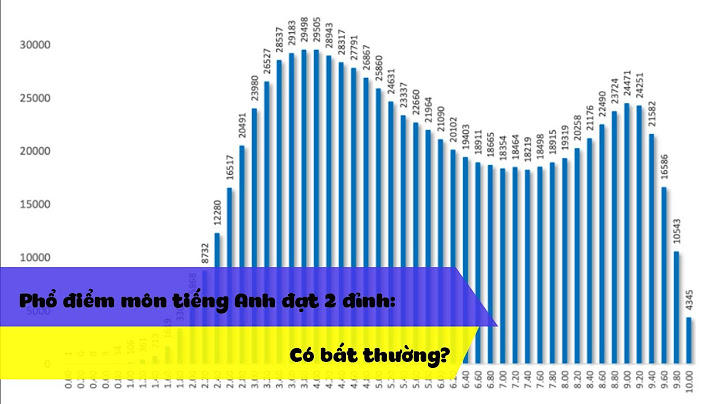Referrals will be made available on the Highly Capable website beginning in June and remain through the referral deadline on October 31st. Referrals will also be available at all elementary and middle schools in the district, as well as some private schools in our district. When is the referral period?The referral period for the following school year's program is held each year from June through October 31st, and is open to all students in kindergarten through seventh grade residing in the Edmonds School District Boundary. The constitution states that all individuals have the right to freedom of belief and religion. The law provides for significant government control over religious practices and includes vague provisions that permit restrictions on religious freedom in the stated interest of national security and social unity. For example, the Law on Belief and Religion (LBR) maintains a multistage registration and recognition process for religious groups. Most religious leaders in urban areas reported authorities generally permitted them to practice so long as they cooperated with authorities and acted in accordance with legal and administrative requirements that apply to religious organizations. Unrecognized religious denominations operating in the Central and Northwest Highlands and in certain parts of the Mekong Delta – especially those with a predominantly ethnic minority following – were, however, more likely to report harassment from government officials. Recognized religious denominations in these areas reported rapid growth and generally fewer problems with officials. Many members of religious groups targeted for harassment were also involved in human rights advocacy activities or had links to individuals and organizations that were critical of the government. In May, authorities in Tuyen Quang Province prosecuted and sentenced 15 ethnic H’mong followers of the late Duong Van Minh, a H’mong spiritual leader who died in 2021, to two to four years in prison on charges of “acting against a person on duty” or “violating provisions on safety in crowded areas.” These individuals were among 56 H’mong followers detained at the funeral of the late Duong Van Minh in December 2021 when they protested local authorities’ dispersing the gathering on the grounds of pandemic-related social-distancing restrictions. Several followers reported police beat them until they signed confessions and other documents renouncing their faith and threatened them with extended detention in a quarantine center without the ability to communicate with family or friends if they refused. Similar to previous years, civil society organizations reported crackdowns on members of unregistered groups, particularly in the Central Highlands, Northwest Highlands, Southwest, and Central regions. On July 20, six members of the Zen Hermitage on the Edge of the Universe, formerly known as Peng Lai Temple, were sentenced to three to five years in prison for “abusing democratic freedoms.” Religious leaders reported the intervention of government authorities in the internal affairs of their organizations, including in the election and appointment of leaders or transfer of clergy. Religious freedom activists again said local authorities approved registration applications based more on religious groups’ perspective on politics than on religious doctrine. For the fourth year in a row, authorities did not recognize any new religious organizations, including chapters of larger, previously approved groups. During the year, the Vietnam Baptist Convention (VBC) filed approximately 40 registration requests for collective religious practice in northern mountain provinces, but few were successful. One pastor reported that when he tried to register a new meeting point for his congregation, local authorities requested a list of his church’s members. The pastor later learned that subsequent visits by police to his church’s members discouraged others from joining his congregation. Many religious leaders across the country continued to report improving conditions compared with prior years, such as better relations between unregistered religious groups and local authorities, quicker approval of permits for religious events, and a reduction in aggressive forms of harassment, such as regular questioning and threats. Members of recognized groups or those with certificates of registration said they were generally able to practice their beliefs with less government interference than unregistered groups. Members of some religious groups continued to report that certain local and provincial authorities used noncompliance with the required registration procedures to slow, delegitimize, and suppress religious activities of groups that resisted close government management of their leadership, training programs, assemblies, and other activities. The government again did not hold any government official accountable for failure to follow legal deadlines and written registration notification requirements contained in the LBR. There were reports of conflicts, at times violent, between members of unregistered and registered or recognized religious groups or between believers and nonbelievers. Independent Cao Dai adherents in the Southwest region reportedly faced harassment from registered state-sanctioned Cao Dai adherents. Independent Unified Buddhist Church of Vietnam (UBCV) monks in Cu Chi District of Ho Chi Minh City also reported harassment from the local community. In both cases, police officers reportedly neither intervened nor held those responsible for the harassment accountable. Religious activists blamed authorities for “manipulating” recognized religious groups by interfering in their elections and appointments of their leadership and accused their agents or proxies of causing conflicts in order to suppress the activities of unregistered groups. The U.S. Ambassador, the Consul General in Ho Chi Minh City, other senior U.S. embassy and consulate general officials, and the U.S. Ambassador at Large for International Religious Freedom regularly urged authorities to allow all religious groups to operate freely. They sought reduced levels of government intervention in the affairs of recognized and registered religious groups and urged an end to restrictions on, and harassment of, groups lacking recognition or registration. They stressed to government officials that progress on religious freedom and human rights was critical to an improved bilateral relationship. They advocated religious freedom in visits across the country, including to the Northwest Highlands, Mekong River Delta, and Central Vietnam. With the Government Committee on Religious Affairs (GCRA), the Ministry of Foreign Affairs, the Ministry of Public Security, and provincial and local authorities, U.S. government officials raised specific cases of abuses, as well as of government harassment, against Catholics, Protestant groups including independent Pentecostal groups, the UBCV, independent Hoa Hao groups, independent Cao Dai groups, and ethnic minority house churches such as the Duong Van Minh group. U.S. government officials called for the increased registration of church congregations around the country and for improvement in registration policies by making them more uniform and transparent. They urged the government to resolve outstanding land rights disputes fairly and peacefully with religious groups. U.S. government officials also called for unfettered access to religious materials by prisoners. The Ambassador and other embassy and consulate general officials met with the leadership of both registered and unregistered religious groups and attended religious ceremonies to demonstrate support for religious freedom. On November 30, 2022, in accordance with the International Religious Freedom Act of 1998, as amended, the Secretary of State placed Vietnam on the Special Watch List for having engaged in or tolerated severe violations of religious freedom. In December, the Ambassador informed the government of its inclusion on the Special Watch List and urged it to improve efforts to protect religious freedom. |




















